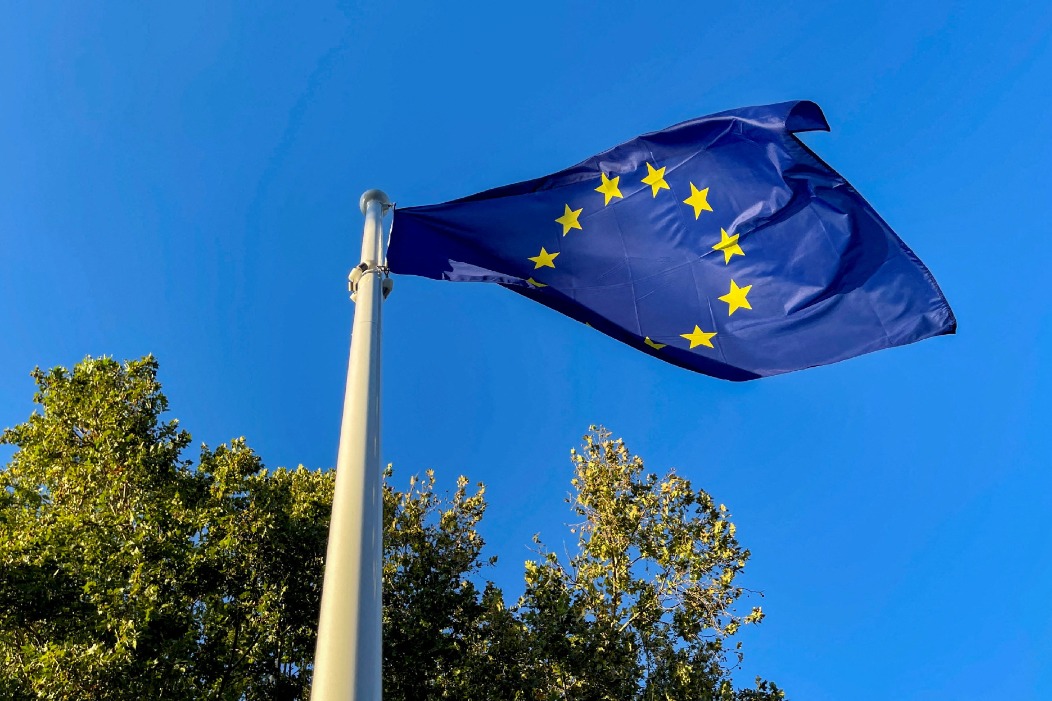British people are not quite as polite as once thought, study says

LONDON - The British people are not as polite as we were once thought to be, a new study said Saturday.
The study, by Professor Jonathan Culpeper who is Privilege Insurance and linguistics expert, has revealed that of the 16,000 words on average spoken by Britons a day, only 38 are polite.
The study has also revealed which areas of the country are the most polite, with London coming fourth in list.
East Midlands came in the first place in the ranking list, followed by North East and Wales.
Bottom of the list for politeness, the study found, was Liverpool.
In one of the most comprehensive studies into British politeness, it has been found that British people use the word "quite" the most, at 11.9 times a day, followed by "sorry" at 6.7 times a day.
"Thank you" and "please" followed as the most used polite words in Brits' vocabulary.
Regionally, the study found that the East Midlands use the most polite words, followed by the North East.
Those from the East Midlands top the list as they use the most polite words 83.7 times a day, nearly double the national average.
London, as the fourth most polite region, uses polite words 44.7 times a day.
After analyzing the most frequently used pleasantries, the research found the most common polite phrases to be used in London were "Sorry bruv" and "my bad".
At 40 percent less than the national average, Scousers (people from Liverpool) use polite phrases just 22.6 times a day.
Following behind, at second bottom, was Yorkshire, with locals using polite phrases 30.6 times a day.
A clear North-South divide was found in the study, with those in the north using more informal types of politeness, such as "thanks", "hi", "hi ya" and "bye", than their southern counterparts, who prefer "thank you", "hello" and "goodbye".
Those living in the Midlands use terms of endearment such as "mate", "pal", "sweetie" and "sweetheart" more than those in the south, the study found.
Professor Culpeper, a linguistics professor, said, "This study, using a unique set of data, provides a window on some of the ways in which we sweeten or soften communication."
"Initially we thought this study would showcase a divide of politeness between genders, however, the results revealed men and women are much the same with their use of pleasantries. Perhaps this is a reflection of some movement towards a more equal society," said the professor.
"One key message we've realized from this study is that we shouldn't mistake ways of being polite, that are different from our own, as being less polite or not polite at all," he said.
"Whilst the stereotype of us being overly polite may not be true, there are significant differences in the types of politeness we use regionally, which can easily be interpreted incorrectly," he added.



































